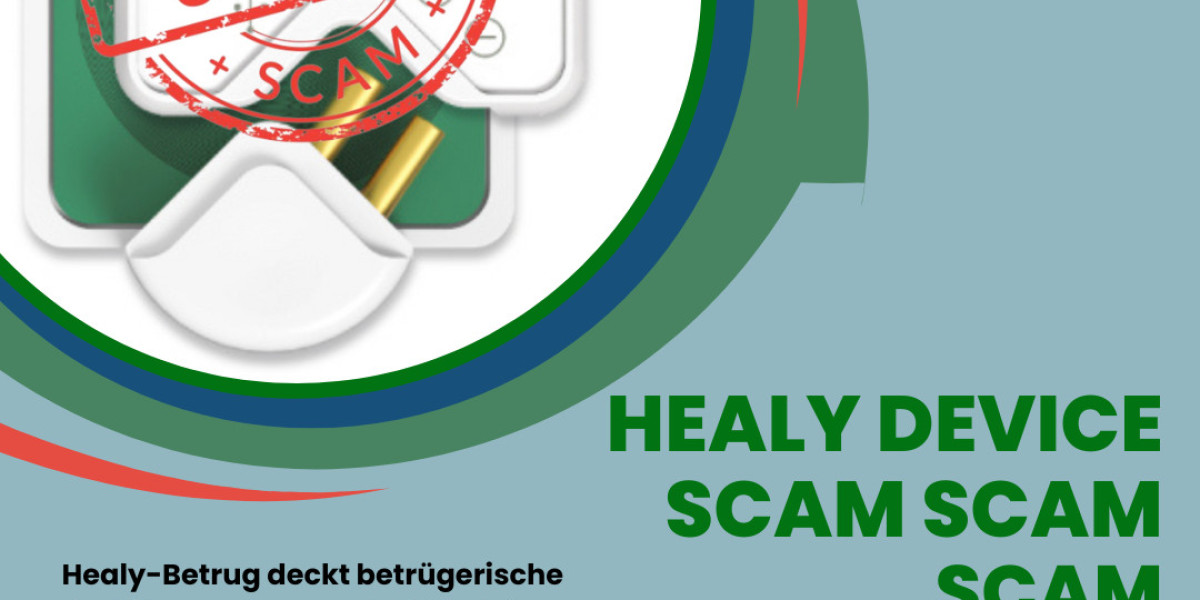The Healy device has sparked both interest and controversy since its introduction. Marketed as a revolutionary health and wellness tool, it claims to harness the power of frequency therapy to promote overall well-being. However, with glowing testimonials and bold claims, there have also been allegations of it being a scam. In this blog, we will dissect the Healy device review, exploring its claims, examining user experiences, and evaluating the evidence to determine whether it is fact or fiction.
What is the Healy Device?
The Healy device is a wearable gadget that promises to improve health through frequency therapy. According to its creators, the device uses Individualized Microcurrent Frequency (IMF) programs to interact with the body’s bioenergetic field. It claims to address a variety of issues, including pain, mental health, sleep disorders, and even skin conditions. The device connects to a smartphone app, allowing users to select from a range of frequency programs tailored to their needs.
The Claims: Too Good to Be True?
Healy’s marketing is filled with ambitious claims. The company asserts that the device can balance the body’s energy, reduce stress, improve sleep quality, and even enhance mental clarity. These claims are supported by anecdotal evidence from users who report significant improvements in their well-being. However, such broad and sweeping promises often raise red flags, especially when they are not backed by solid scientific evidence.
Scientific Basis: A Closer Look
One of the main criticisms of the Healy device is the lack of robust scientific evidence supporting its effectiveness. Frequency therapy, while not entirely new, remains a controversial and largely unproven field. The scientific community generally requires rigorous clinical trials and peer-reviewed studies to validate such claims. In the case of Healy, the evidence is mostly anecdotal and lacks the rigor of controlled scientific research.
User Testimonials: Mixed Reviews
User reviews of the Healy device are mixed. Some users swear by its benefits, claiming significant improvements in various health aspects. These testimonials often highlight improvements in pain management, stress reduction, and overall energy levels. However, there are also numerous reports of users who experienced no noticeable benefits, leading to accusations of the device being a placebo or, worse, a scam.
Regulatory Scrutiny and Legal Issues
Healy has faced regulatory scrutiny in several countries. In some cases, the company has been warned or fined for making unsubstantiated health claims. Regulatory bodies like the FDA (Food and Drug Administration) in the United States require health devices to meet stringent standards before they can be marketed. The Healy device has faced challenges in meeting these standards, further fueling the debate over its legitimacy.
The MLM Model: A Red Flag?
Another aspect that raises concerns is Healy’s multi-level marketing (MLM) business model. MLMs are often criticized for their recruitment-based structure, which can resemble pyramid schemes. In the case of Healy, many distributors promote the device aggressively, sometimes making exaggerated claims about its benefits. This sales approach can contribute to the perception of the device being more of a scam than a legitimate health tool.
Analyzing the Evidence: Fact or Fiction?
To determine whether the Healy device is a scam or a legitimate health tool, it’s crucial to analyze the available evidence objectively. Here are some key points to consider:
1. Scientific Evidence: The lack of rigorous scientific studies supporting Healy’s claims is a significant drawback. While frequency therapy has some theoretical basis, the specific claims made by Healy are not well-substantiated by scientific research.
2. User Experiences: The mixed user reviews suggest that while some individuals may experience benefits, others do not. This inconsistency is common in devices that rely on subjective experiences and placebo effects.
3. Regulatory Scrutiny: The regulatory challenges faced by Healy indicate that the device’s claims may not meet established health standards. This scrutiny adds to the skepticism surrounding its effectiveness.
4. MLM Model: The MLM model can lead to exaggerated claims and aggressive sales tactics, which can undermine the credibility of the product. Potential buyers should be cautious and research thoroughly before making a purchase.
Conclusion: Proceed with Caution
The Healy device presents an intriguing proposition with its promises of improved health and well-being through frequency therapy. However, the lack of robust scientific evidence, mixed user reviews, regulatory scrutiny, and the MLM business model all contribute to the perception that it might not live up to its lofty claims.
While some users may genuinely benefit from the Healy device, it is essential to approach it with a healthy dose of skepticism and critical thinking. Potential buyers should thoroughly research the product, consult with healthcare professionals, and consider the possibility of placebo effects before investing in such a device.
In conclusion, the question of whether the Healy device is a scam or a legitimate health tool remains open to interpretation. It is crucial for consumers to make informed decisions based on a comprehensive evaluation of all available evidence. Proceed with caution, and always prioritize scientifically validated health interventions over unproven devices.















